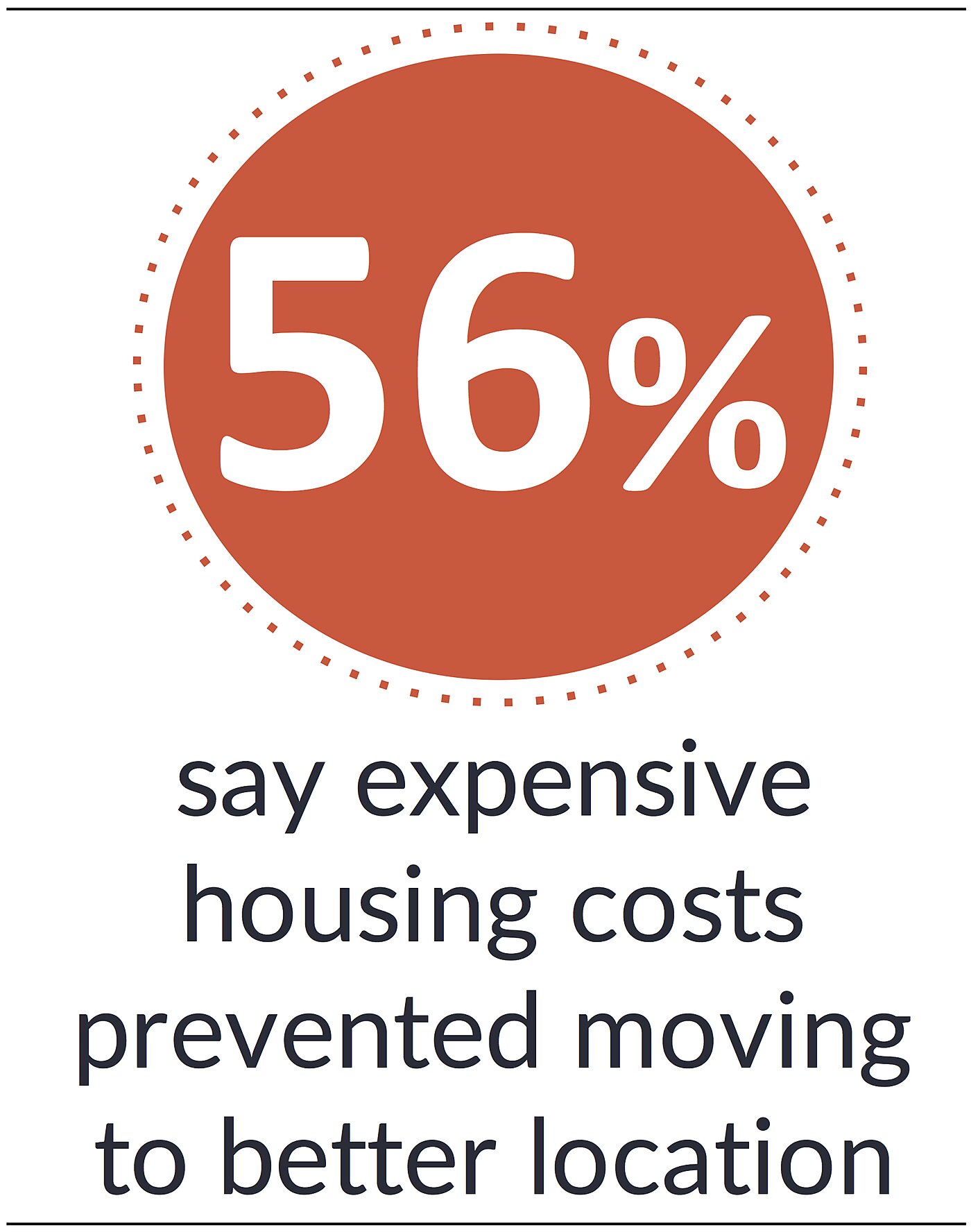The most important recent paper in nutrition wasn’t written by a nutritionist and it wasn’t written about nutrition. Rather, it was written by a statistician, John Ioannidis of Stanford University, and it was titled “Why most published research findings are false.” It has been cited 7,500 times (i.e., a lot) because it really does show that most published research findings are false.
Moreover, most research findings in the so-called ‘hard’ sciences such as math, physics or chemistry are true, which by process of elimination means that almost all the findings published in the ‘soft’ sciences are false. And sciences don’t come much softer than nutrition.
So, is coffee bad for you? Currently not, but a few years ago it was, and a few years before that it wasn’t, and a few years before that it was, and a few years before that it wasn’t–and almost all those findings were false because, as John Ioannidis has shown, the statistics used to justify those sorts of study, whether pro-coffee or anti-coffee, were rarely good enough to support any conclusion at all. The abuse of statistics is the greatest block to good science today.
In the past, nutrition research was about deficiencies; and it was good research. Do we need vitamins? Yes. Do we need essential minerals? Yes. Do we need protein? Yes. We can be sure about those findings. But nutrition research today is about excess. Is too much meat or carbohydrate or fat bad for you? And what does ‘too much’ mean? We rarely know the answers to such questions.
Sadly, one of the few facts we do know about modern nutrition is that the outbreak, in 1980, of the current epidemic of obesity and type 2 diabetes, followed hard on the issuance by the federal government, in 1977, of advice to eat less fat and more carbohydrate: and that as the American people dutifully followed this advice, so they got fatter and more diabetic. We don’t know if that was a coincidence or whether it was cause-and-effect, but as Thoreau said, “some circumstantial evidence is very strong, as when you find a trout in the milk.”
We’ve long understood chicken and fish to be safe, but a new study has been released suggesting that both red meat (beef, pork, lamb or venison) and processed meat (sausages, bacon, ham, hot dogs) are also safe; and the panjandrums of the nutrition orthodoxy are outraged. “This report has layers of flaws and is the most egregious abuse of evidence that I have ever seen,” said Walter Willett of Harvard. “Their recommendations are really irresponsible,” said Frank Hu of Harvard. A contrarian would immediately assume, therefore, that the study in question must be marvelous. Is it?
Well, it represents part of a new wave in nutrition, in which a group of scientists who have no financial ties to the food industry set themselves up, like the justices of the Supreme Court, to adjudicate as a panel on a field of research. And, again like the justices of the Supreme Court, they are not frightened from disagreeing with each other and from voting differently from each other. That represents a useful advance in science, as scientists move away from papers that present a monolithic consensus to papers that admit a more conflicted recognition of doubt.
How did the scientists in this new study vote? Well, in essence, they agreed that the evidence just isn’t very good. It’s probable that both ordinary meat and processed meat might be bad for you, but they don’t seem to be very bad, and the authors of the paper suggested that their badness does not justify the disruption of a person’s lifestyle by their going vegetarian, let alone vegan. Also, the authors suggested, switching from meat to other foods (pizzas for example) might incur other risks.
My own feeling is that this new study is less important than the media reports suggest. Everybody agrees that the evidence about the dangers of meat, processed or otherwise, is necessarily weak (nutrition research is difficult to perform, as people need to be studied over decades and people’s knowledge of their own diets is often surprisingly vague), but everyone also agrees that meat, processed or otherwise, is probably a bit bad for you. The authors of this new study have introduced a value judgement, in that they’ve tried to determine if the health benefits of going vegetarian or vegan can justify the disruption to a person’s lifestyle, and I’m not sure the authors have the data to justify such a value judgement: how do you balance health risks over lifestyle changes? Is that not comparing apples and oranges?
On the other hand, the authors have done a public service by highlighting how modest the health benefits–real though they may be–of shifting to a vegetarian or vegan diet might be, and (again) how weak is so much nutrition research.
Where does this leave us? As so often, it leaves us in the hands of the three most-trusted writers in nutrition. Amazingly, not one is a nutritionist (all three are journalists) and their advice clashes, but the person who reads Gary Taubes, Nina Teicholz and Michael Pollan, and who then tries to synthesize their judgments into one culinary world view, will be following the best food advice currently going.
There is a libertarian lesson to be learned in this—in a 2018 policy analysis, I noted the federal government may be institutionally incapable of providing wise dietary advice. If the base of knowledge is inadequate or incapable of being adequate, any emanating advice will be inadequate. When that advice comes from government bureaucracies burdened by politics and interest groups, the science and advice must overcome even greater adversaries.




